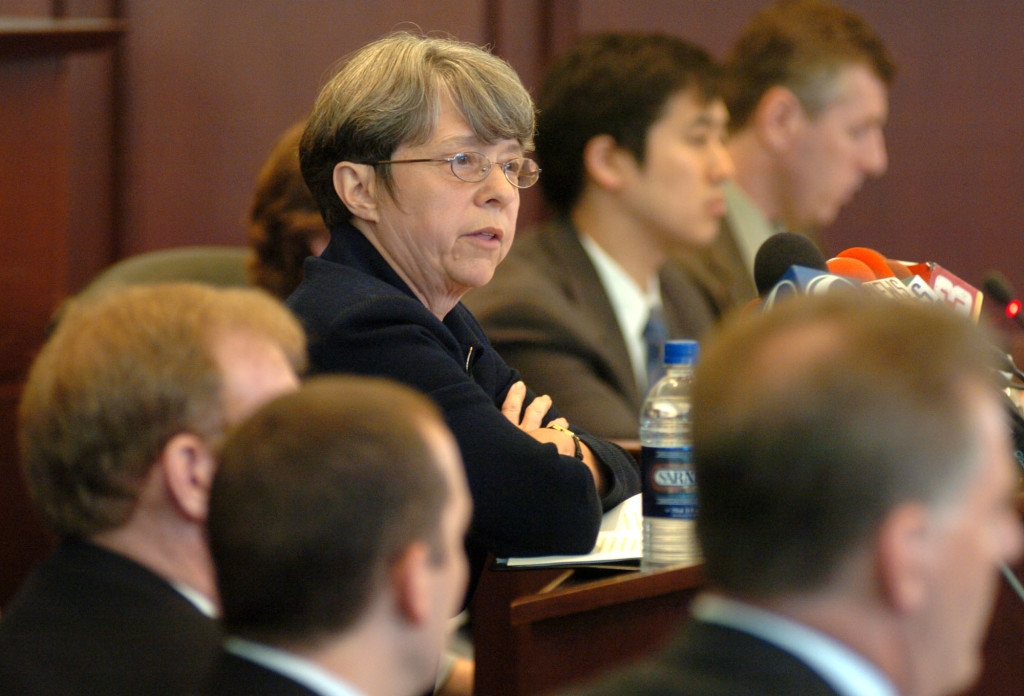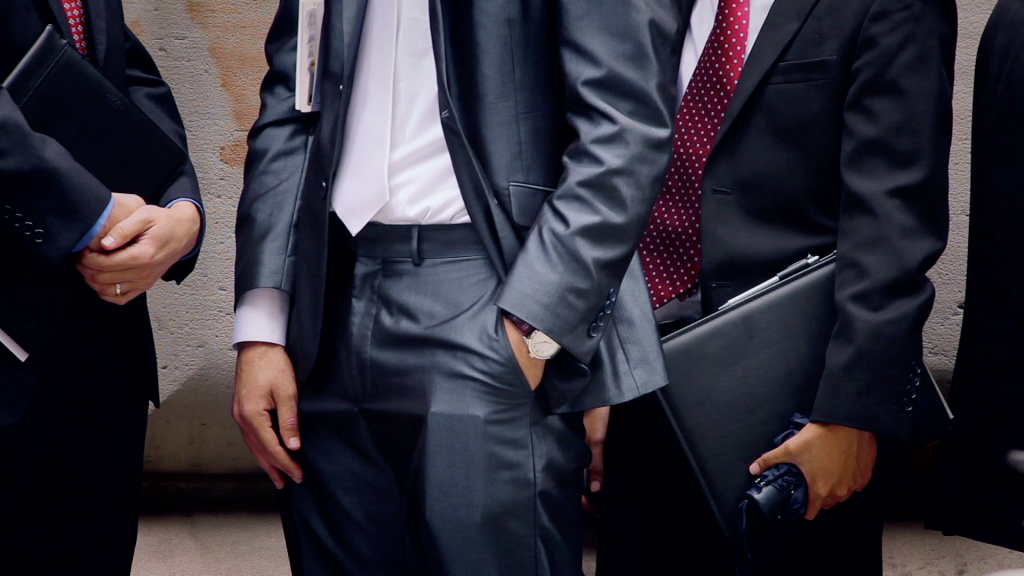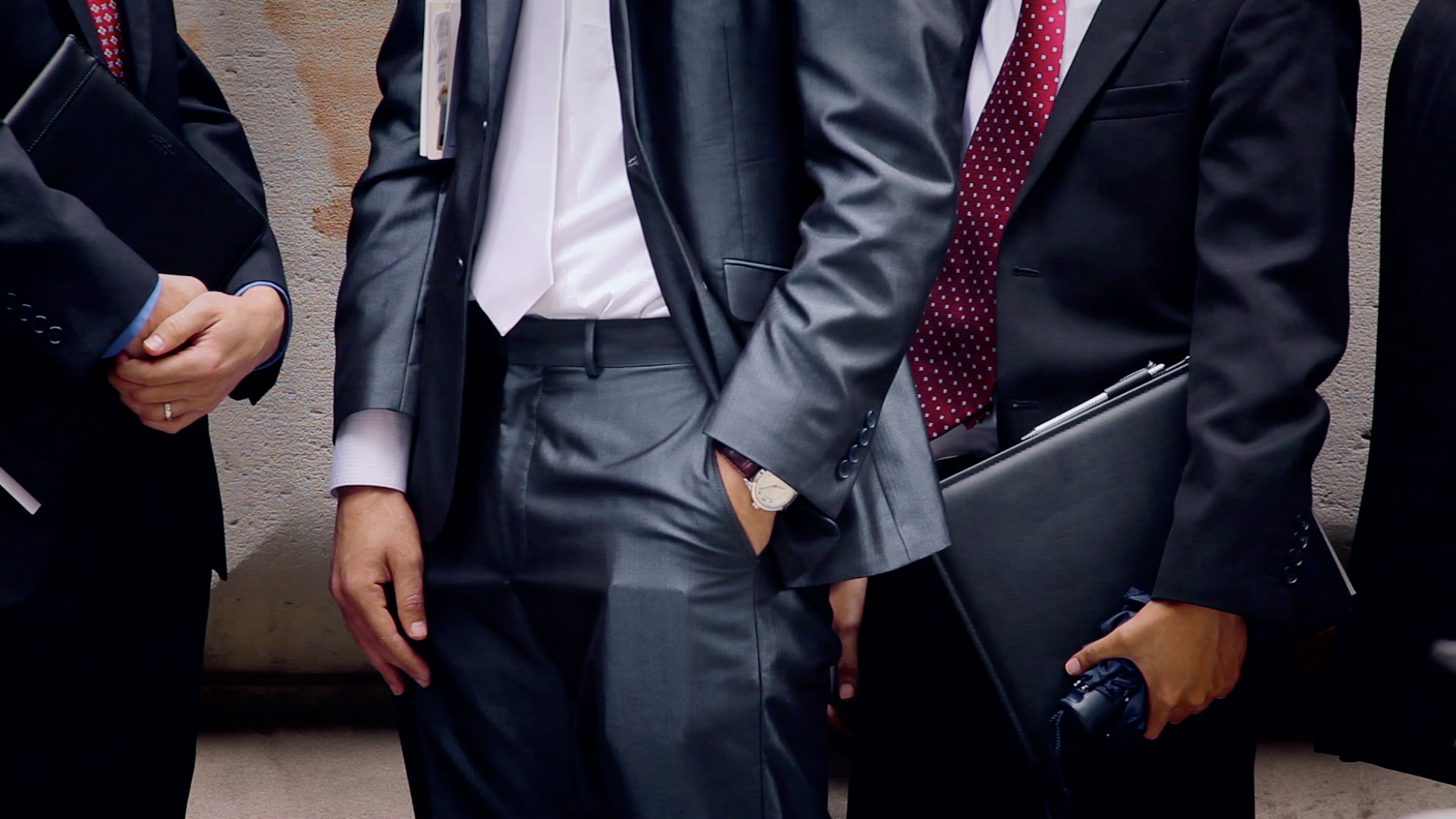SEC Nominee Signals Cautious Approach to Prosecuting Banks

March 13, 2013
Share
President Obama’s pick to lead the Securities and Exchange Commission told senators at a confirmation hearing Tuesday that federal prosecutors should consider the “collateral consequences” of bringing a criminal indictment against financial institutions.
The comment by Mary Jo White, a former U.S. attorney herself, comes less than a week after Attorney General Eric Holder told lawmakers that the Justice Department has considered the impact to the broader economy of prosecuting major banks for the financial crisis. The size of some institutions, Holder said, “has an inhibiting impact” on the department’s ability to bring certain cases.
The attorney general’s comments were put to White during an exchange with Sen. Bob Menendez (D-N.J.). Asked to respond to Holder’s statement, White told the Senate Banking Committee that federal prosecutors are instructed by Justice Department policy to consider the “collateral consequences of a criminal indictment to innocent shareholders, employees, or the public.” And while no institution should be considered “too big to charge,” she said, “certainly, prosecutors should consider that before proceeding.”
White’s remarks echoed similar comments made by Lanny Breuer — who led bank enforcement during his tenure as assistant attorney general — in an interview with correspondent Martin Smith for the FRONTLINE film The Untouchables. Breuer’s interview (which you can read here) prompted a Jan. 29 letter from Senators Sherrod Brown (D-Ohio) and Charles Grassley (R-Iowa) seeking an explanation from the Justice Department about how it determines which cases to prosecute.
If confirmed, White would not have the authority to bring criminal charges. She told lawmakers, however, that as a former United States attorney in Manhattan from 1993 to 2002, she spoke with Treasury Department officials on at least one occasion when considering whether to bring charges against a financial firm. Those consultations, she said, addressed not just the possible fallout of a case for the U.S. economy, but global markets as well.
“Essentially, I was seeking information based on an argument that had been made by the lawyers for the institution that I ultimately indicted, as to whether an indictment of that institution would result in great damage to either the Japanese economy or the world economy,” explained White. “And the answer I got back is that I should proceed to make my own decision, which I took to mean that it would likely not have that impact.”
The SEC does not consider collateral consequences in its charging decisions, White said, “But they do consider consequences in their remedies.” She signaled such considerations could factor into decisions over civil penalties.
White also addressed concerns about her work since leaving her post as a U.S. Attorney. She has since worked as a partner for the law firm Debevoise and Plimpton, where she has represented clients such as JPMorgan Chase and former Bank of America CEO Kenneth Lewis.
Seeking to ease those concerns, White said her work for Wall Street clients “does not change me as a person. It doesn’t mean I embrace the policy thoughts of any of my clients. … The American public will be my client, and I will work as zealously as is possible on behalf of them. “

Related Documentaries
Latest Documentaries
Related Stories
Related Stories
Explore
Policies
Teacher Center
Funding for FRONTLINE is provided through the support of PBS viewers and by the Corporation for Public Broadcasting, with major support from Ford Foundation. Additional funding is provided the Abrams Foundation, Park Foundation, John D. and Catherine T. MacArthur Foundation, Heising-Simons Foundation, and the FRONTLINE Trust, with major support from Jon and Jo Ann Hagler on behalf of the Jon L. Hagler Foundation, and additional support from Koo and Patricia Yuen. FRONTLINE is a registered trademark of WGBH Educational Foundation. Web Site Copyright ©1995-2025 WGBH Educational Foundation. PBS is a 501(c)(3) not-for-profit organization.





















